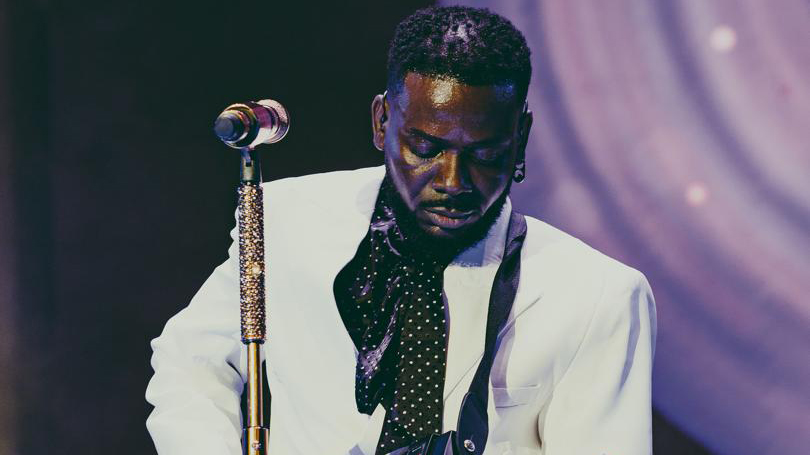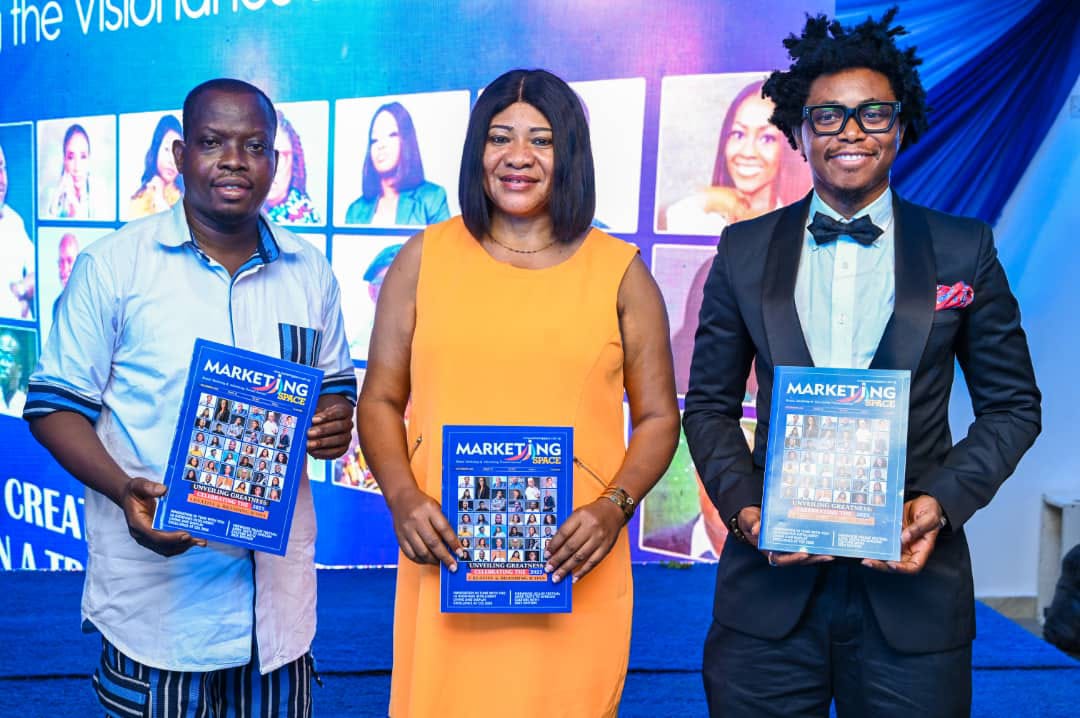Rilwan Ayobami Salaudeen is a media scholar and editorial professional currently serving in the Department of Editorial and Technical at Arise News, Lagos. With a strong academic background and a focus on communication, politics, and societal development, his research spans critical issues such as social media’s impact on social cohesion, the dangers of misinformation, and the role of language in democratic processes. Through multiple peer-reviewed publications, Salaudeen has contributed to national and international discourse on how information, whether managed, manipulated, or misused, shapes trust, governance, and community resilience in the digital age. In this interview with The Guardian, he touched on how social media have helped amplifies disinformation in Nigeria.
Your recent papers explore the intersection between social media and social cohesion. What motivated you to investigate this area?
It stemmed from observing how societies, especially pluralistic ones like Nigeria, struggle with maintaining social order in the face of rapid digital transformation. Social media has become a double-edged sword. On one hand, it’s a tool for engagement and development. On the other, it can incite division. I wanted to examine both the promise and the peril of this digital age, especially through the lenses of trust, identity, and democratic resilience.
In your paper on social media as a tool for development, you argue that digital platforms can both bind and break societies. Can you explain this contradiction?
Yes, that’s one of the central tensions. Platforms like Twitter or Facebook can build shared identities and connect people across divides. But these same platforms amplify outrage, misperceptions, and incivility, largely because their algorithms are designed to prioritize engagement over truth. So while social media can foster unity, it can just as easily spread misinformation and erode trust.
Let’s talk about misinformation. How exactly does it threaten community trust and cooperation?
Misinformation undermines the foundational glue of society which is trust. Whether it’s in government, institutions, or between citizens, once trust erodes, cooperation breaks down. Communities become suspicious, polarized, and less willing to engage in collective action. This is particularly dangerous during elections or public health crises when accurate information is critical.
In your research, you introduced the concepts of horizontal and vertical dimensions of social cohesion. Could you break those down?
Of course. Horizontal cohesion refers to the relationships among individuals, how much trust and cooperation exist within a community. Vertical cohesion, on the other hand, concerns the trust between citizens and institutions. A society with strong horizontal and vertical ties tends to be more resilient. But misinformation fractures both dimensions by breeding interpersonal distrust and delegitimizing institutions.
One of your papers discusses “information manipulation” in politics. How is this different from misinformation?
Misinformation is often accidental or user-generated. Information manipulation, however, is strategic. It is when political actors deliberately craft messages to distort, deceive, or distract, often to gain or retain power. In Nigeria and elsewhere, we have seen this in election campaigns, where language is weaponized to polarize voters or rewrite narratives. It is not just fake news. It is calculated disinformation.
You emphasize language as a political tool. How do political actors manipulate it to achieve their goals?
Politicians use rhetorical techniques like glittering generalities, emotional appeals, slogans, and propaganda. They also rely on ambiguity, vague promises that sound good but mean little. This language manipulation exploits cognitive biases and can deeply influence voting behavior. It is a subtle but powerful way to control narratives and deflect accountability.
What recommendations do you offer to counteract these threats to democratic and social stability?
First, media literacy must become a civic priority. Citizens need to be taught how to critically assess information. Second, we need stronger regulatory frameworks that address algorithmic bias and misinformation on digital platforms. Third, political accountability must be enforced, especially regarding the language and information used in campaigns. And finally, civil society and institutions must lead inclusive, bottom-up efforts to rebuild trust and promote tolerance.
Given the challenges, are you optimistic about the future of social cohesion in digital societies?
I’m Cautiously optimistic. The same tools that divide us can unite us if used responsibly. The path forward involves intentional design of platforms, ethical political communication, and an informed, participatory citizenry. The work is ongoing, but it’s work worth doing.






